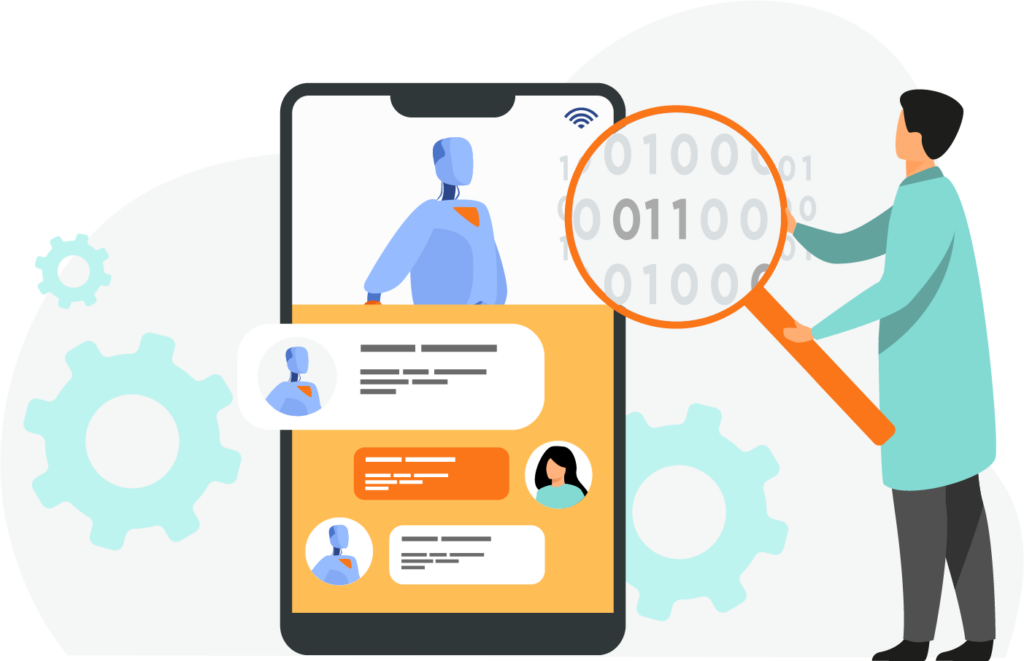Pangeanic Integrates OpenAI’s GPT-4 Model on Its NLP Platform to Provide Text Summaries and Ensure Data Privacy
Artificial Intelligence is the order of the day, and ChatGPT uses it in a way that has the whole world talking. This chatbot model is specialized in dialog, using AI to enable instant conversations with users.

BOSTON, March 17, 2023 – Leading Natural Language Processing (NLP) solutions company, Pangeanic, has announced the integration of OpenAI’s GPT-4 model on its platform. This will allow users to access some of the features of the Generative Pre-trained Transformer (GPT) to summarize text, among other functions. In addition, customers will be able to combine it with Pangeanic’s own anonymization and data masking solutions as a secure system so that no personal data is transferred from one jurisdiction to another.
With this integration, Pangeanic will enable users to use current and future releases of ChatGPT or other Large Language Models (LLM) with the tools and workflows of its NLP platform. The company’s ECO platform is designed for the real needs of governments and businesses and helps institutions and corporations translate millions of documents with customized engines, mask data using full anonymization or pseudonymization techniques, classify information and extract knowledge from data.
Pangeanic’s CEO, Manuel Herranz, highlights that the company focuses on AI techniques that deliver value and that its ECO platform is designed to provide full respect for privacy through the Masker data masking solution. Users can now benefit from not having to use prompts, and summarize documents through OpenAI’s ChatGPT customization, as well as doing so securely, without revealing any personal details.
Pangeanic’s mission is to combine the best of AI with human ingenuity, and its hybrid approach delivers the best results for NLP applications. AI does what it knows best, while humans remain the ultimate evaluators and decision-makers. The company is convinced that language is becoming a crucial use case for AI, and that this knowledge-based approach can reliably provide accurate results and ensure data privacy.


